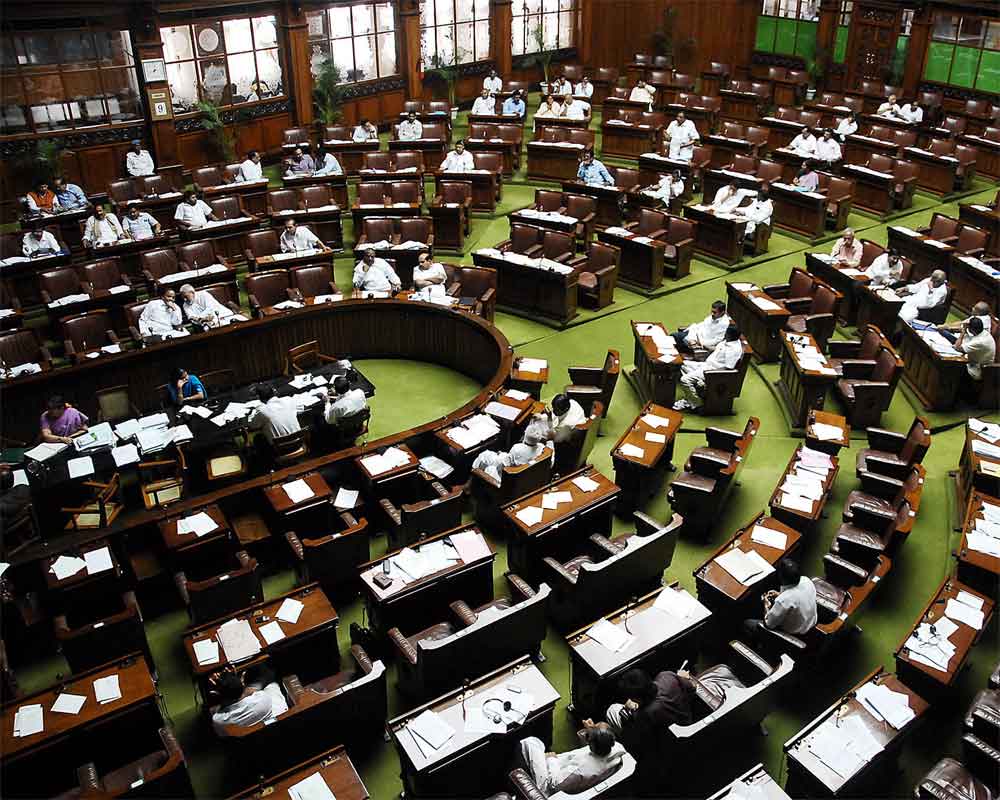


In a shocking turn of events during the final phase of the Lok Sabha elections in West Bengal, a mob reportedly threw Electronic Voting Machines and Voter Verified Paper Audit Trail machines into a pond in Kultai. The Chief Electoral Office has stated that an FIR has been lodged and necessary action has been initiated, with fresh EVMs being provided. PTI has shared visuals of the EVMs floating in water, causing chaos and concern during the fiercely contested elections.
Violence Mars Bengal Elections: EVMs Thrown into Pond Amidst Poll Storm
In a recent shocking incident during the final phase of the Lok Sabha elections in West Bengal, a mob reportedly hurled Electronic Voting Machines (EVMs) and Voter Verified Paper Audit Trail (VVPAT) machines into a pond in Kultai.
Background:
The incident occurred on May 19th, the last day of the polling phase in West Bengal. It was the eighth phase of the nationwide elections, which have been marred by violence in several states. The Kultai constituency, in South 24 Parganas district, is considered a stronghold of the ruling Trinamool Congress (TMC).
The Incident:
According to reports, a mob of around 200 people attacked a polling booth and vandalized EVMs and VVPATs. The machines were then thrown into a nearby pond, leading to chaos and disruption in the electoral process.
Official Response:
The Chief Electoral Office of West Bengal has condemned the incident and stated that an FIR has been registered against the perpetrators. The Election Commission of India (ECI) has directed the state authorities to initiate necessary action. Fresh EVMs have been provided for the affected polling station.
Concerns Raised:
The incident has raised concerns over the security and credibility of the electoral process. The widespread accessibility and ease of tampering with EVMs have been subjects of debate in recent years. The opposition parties have alleged that EVMs are vulnerable to manipulation and that the ruling party is using them to suppress the will of the people.
Top 5 FAQs on EVM and Voting-Related Violence:
1. What are Electronic Voting Machines (EVMs)?
EVMs are electronic devices used to cast and count votes in polling stations. They replaced paper ballots in India in 2000.
2. What is Voter Verified Paper Audit Trail (VVPAT)?
VVPAT is a part of the EVM system that generates a paper trail of the votes cast. It allows voters to verify that their vote has been accurately recorded.
3. What are the allegations against EVMs?
Critics allege that EVMs are not tamper-proof and can be manipulated to alter the outcome of elections. However, the EC has maintained that EVMs are secure and reliable.
4. Has EVM-related violence occurred in the past?
Yes, there have been incidents of violence during elections related to EVMs. In 2019, a crowd in West Bengal attacked a polling team over suspicions of EVM tampering.
5. What measures are being taken to prevent EVM-related issues?
The EC implements several measures to ensure the integrity of the electoral process, including random checks on EVMs, audits, and fair trial procedures for complaints.

Indian government under the leadership of Prime Minister Narendra Modi has introduced four new labour codes aimed at protecting the rights and well-being of 40 crore workers across the country. Union Minister Mansukh Mandaviya has hailed the move as transformative and a major step towards ensuring the welfare of the workforce. The new codes bring in much-needed changes such as formalisation and transparency through appointment letters, and universal social security coverage for all workers including gig and platform workers.

In Uttar Pradesh's Lakhimpur Kheri, a police constable is in hot water for allegedly forging a court order to clear his name in an old case, with the intention of securing a promotion. The fabricated document surfaced during an internal investigation, prompting authorities to file a fresh case against the constable. This incident adds to the growing issue of corruption and misuse of power within the police force.

The Supreme Court has directed the formation of a Special Investigation Team (SIT) to conduct a fact-finding inquiry against Vantara, an animal rescue and rehabilitation center in Gujarat, following allegations of non-compliance with laws and acquisition of animals. The SIT, headed by former apex court judge J Chelameswar, will also look into reports of irregularities and complaints from NGOs and wildlife organizations. Vantara has assured full cooperation to the probe and reaffirmed their commitment to animal welfare.

The ongoing family feud within the Rashtriya Janata Dal (RJD) continues to escalate as three more daughters of party patriarch Lalu Prasad Yadav have left the family residence in Bihar's capital Patna. This comes just a day after another daughter, Rohini Acharya, publicly denounced the family and quit politics following the party's poor performance in the recent elections. Amidst allegations of insults and mistreatment, the saga continues to unfold within the Yadav family.

In a special lecture series in Bengaluru, RSS chief Mohan Bhagwat emphasized on the Hindu identity as a responsible and proud son of Bharat Mata. He urged the Hindu society to come together and share the message of 'Vasudhaiva Kutumbakam' with the rest of the world. Bhagwat also recalled the RSS founder and its journey of facing opposition and growth through dedication and sacrifice of its volunteers.

As the West Bengal Assembly elections near, the political battle between Bharatiya Janata Party (BJP) and Trinamool Congress (TMC) has intensified on social media. Following the BJP's victory in Bihar, the party declared its hopes to defeat TMC in Bengal on a popular platform, while TMC leader Kunal Ghosh responded with a proverb highlighting the BJP's potential failure in Bengal. Despite BJP's confidence, TMC remains unfazed and asserts their strong hold in the state.

Congress leader and Leader of Opposition in Lok Sabha, Rahul Gandhi, was criticized by BJP's Shehzad Poonawalla for going on a jungle safari in Madhya Pradesh's Satpura Tiger Reserve instead of focusing on the ongoing Bihar elections. Gandhi had earlier claimed that "vote theft" had taken place in several states, including Madhya Pradesh. BJP's Poonawalla mocked Gandhi's "priorities" and referred to him as the "Leader of Paryatan and partying."

The sudden blast in Delhi that left several people dead has shocked everyone, including Bollywood stars Raveena Tandon, Thalapathy Vijay, Vineet Kumar Singh, and Riddhima Kapoor Sahni. While police are investigating all possible angles, including a terrorist conspiracy, Raveena's comments on social media suggest a link to terrorist activity. The celebrities also expressed their condolences to the victims and their families.

In a historic move, the Madhya Pradesh government has announced that it will be releasing 32 prisoners, including nine from tribal communities, on November 15 to mark Janjatiya Gaurav Diwas or Tribal Pride Day. This decision, initiated by Governor Mangubhai C Patel, aims to recognize and celebrate the contributions of tribal communities on the birth anniversary of their icon, Birsa Munda. This is the first time in India that prisoners will be released on grounds of good conduct while serving jail terms. However, it should be noted that the release will not apply to convicts in cases of rape or the Protection of Children from Sexual Offences (POCSO), as well as those convicted in multiple murder cases.

Today marks the birth anniversary of Birsa Munda, a fearless leader and freedom fighter who fought against British colonial oppression and the exploitation of tribal communities. His legacy of social justice and environmental protection continues to inspire movements in India today. As Jharkhand celebrates his birth anniversary, Birsa Munda's life serves as a reminder of the ongoing struggle for justice and sustainability.